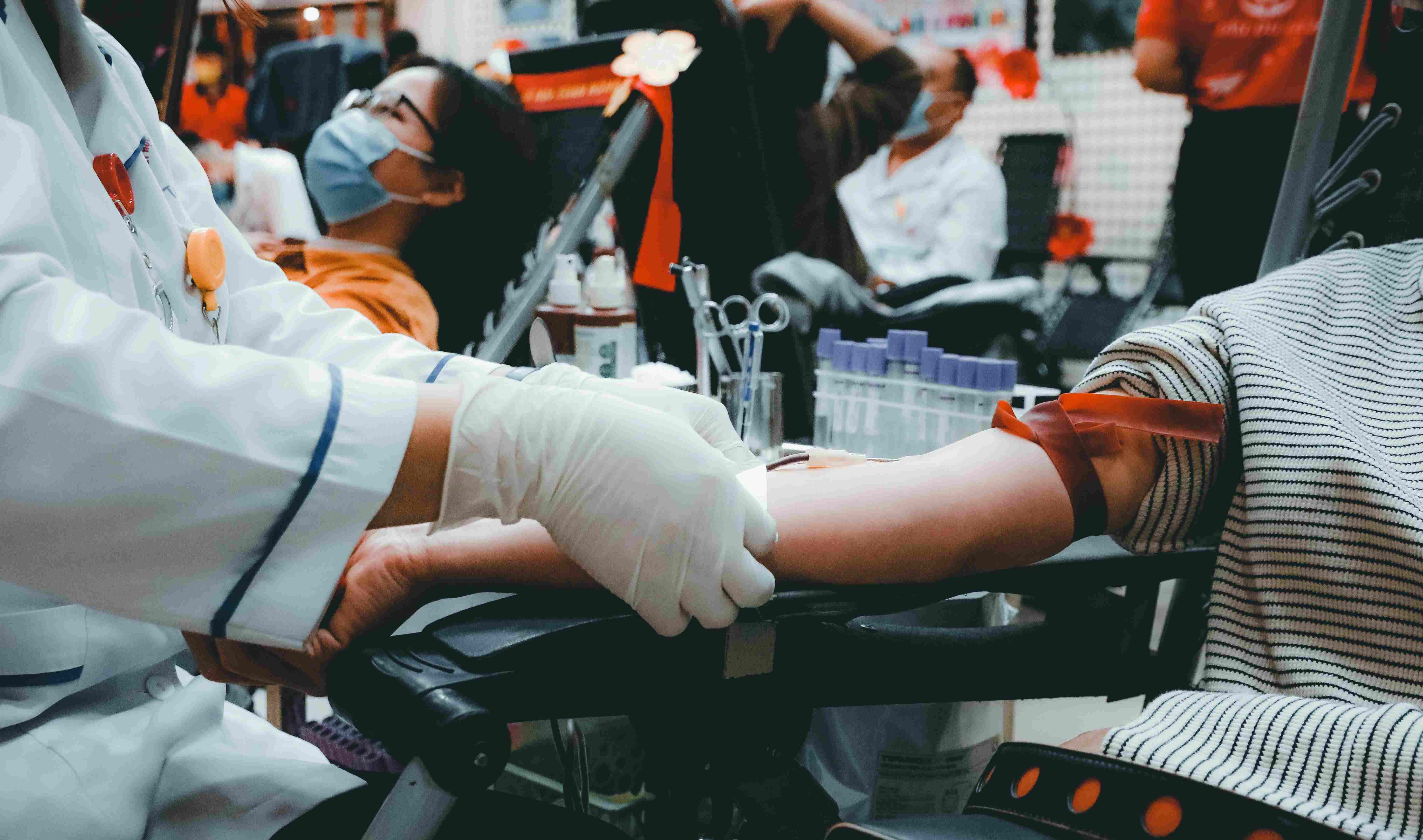Health and population dynamics are intertwined, embodying an intricate relationship with significant implications on the Sustainable Development Goals (SDGs). Health is fundamentally at the center of these 17 global goals, aimed to transform the world by 2030. Specifically, Goal 3 endeavors to "Ensure healthy lives and promote well-being for all at all ages." It acknowledges that health is pivotal to human life quality, social cohesion, and sustainable development. Inextricably linked to this are the complexities of population dynamics, including growth rates, age structure, fertility and mortality rates, and migration patterns.
With the world's population projected to exceed 9.7 billion by 2050, the pressure on health systems will undoubtedly escalate. The demographic transition, with an aging population and an increasing prevalence of non-communicable diseases, poses new challenges for health systems globally. Additionally, areas with high fertility rates often overlap with extreme poverty, resulting in heightened health risks, including higher maternal and child mortality rates, malnutrition, and infectious diseases.
Moreover, rapid urbanization and migration present both opportunities and threats to health. While urban areas may provide better access to healthcare, they also harbor risks of disease transmission, air and water pollution, and social determinants of health like inadequate housing and social inequality. Simultaneously, migrants often face disproportionate health risks due to unstable living conditions, exploitation, and limited access to healthcare services.
Achieving the SDGs will necessitate comprehensive approaches that consider the intricate interplay of health and population dynamics. It means strengthening health systems, promoting universal health coverage, and addressing social determinants of health. It also implies crafting policies that recognize demographic realities and foster an environment conducive to sustainable development. Only by understanding and harnessing these dynamics can the world meaningfully progress towards realizing the SDGs, ensuring healthy lives and well-being for all.
European Journal of Obstetrics and Gynecology and Reproductive Biology: X, Volume 21, March 2024
Mapping the vulnerable: A framework for analyzing urban social vulnerability and its societal impact
Societal Impacts, 2024, 100049
This research communication presents a robust framework for assessing urban social vulnerability (USoV) and associated risk assessment criteria, and underscores its policy implications. The framework integrates exposure, sensitivity, and adaptive capacity dimensions to construct the USoVI. Applied to 146 urban centers in West Bengal, utilizing diverse indicators and advanced GIS mapping, the framework reveals elevated vulnerability levels and socio-economic disparities. Better understanding of vulnerabilities and guidance in addressing them is imperative so that effective and context-specific interventions to enhance urban resilience and alleviate vulnerability can be developed.
World Blood Donor Day 2026: Honoring the Heroes of Life
Picture this: a world where countless lives are saved every day, not by superheroes in capes, but by ordinary people with an extraordinary gift to give. These are the blood donors, the unsung heroes who, on June 14th, we come together to celebrate during World Blood Donor Day (WBDD).
The Power of a Simple Act
Viral hepatitis testing and treatment in community pharmacies: a systematic review and meta-analysis
eClinicalMedicine, Volume 69, March 2024

